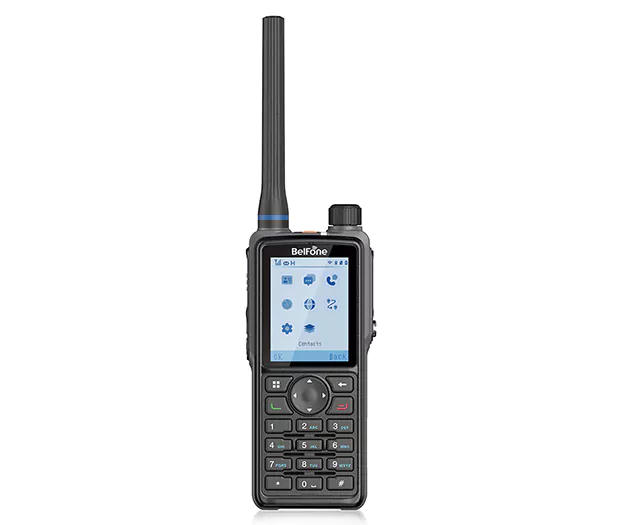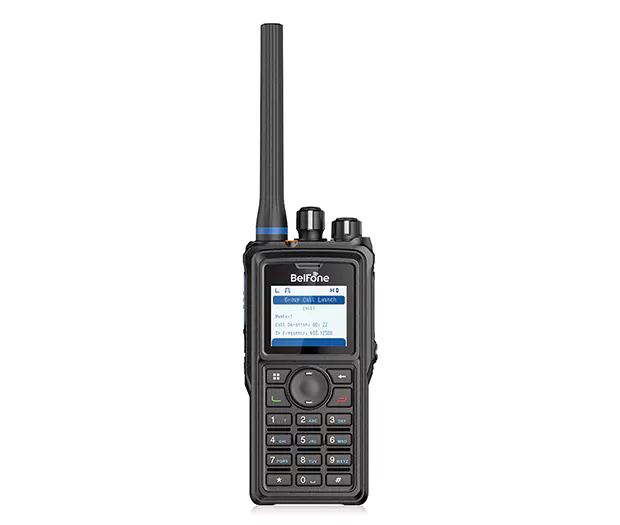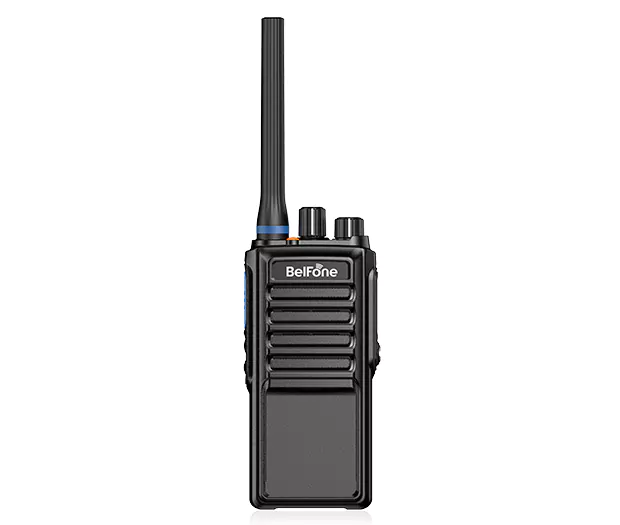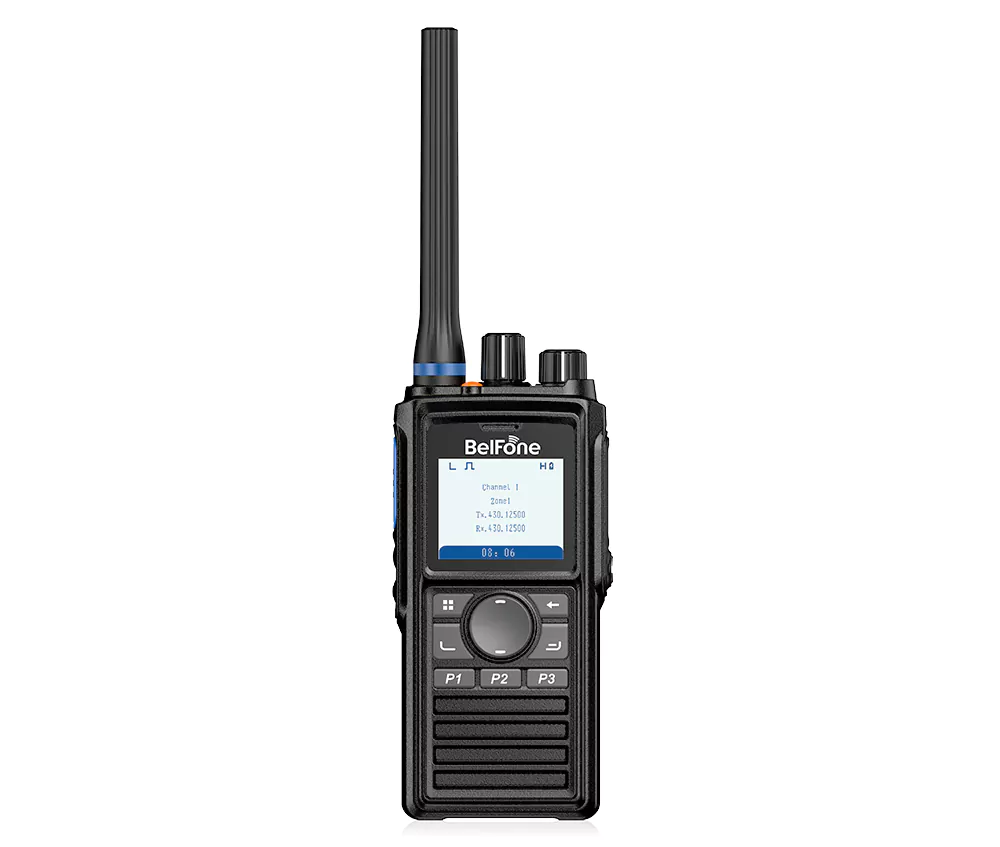Key Advantages of DMR Radios
release date:2025-09-28
DMR (Digital Mobile Radio) radios offer core advantages including reliable communication quality, efficient spectrum usage, and rich functional expansion, making them widely used in professional fields like public safety, transportation, and enterprise management.
1. Superior Voice Quality: Adopts digital encoding technology, which significantly reduces background noise and interference. Even in complex environments (such as urban canyons or industrial sites), it can maintain clear and stable voice communication, avoiding the distortion problem of traditional analog radios.
2. Efficient Spectrum Utilization: Through TDMA (Time Division Multiple Access) technology, a single frequency can support two independent communication channels simultaneously. This doubles the number of available communication paths without increasing spectrum resources, greatly improving the efficiency of frequency use.
3. Dual-Mode Compatibility: Most DMR radios support both digital and analog modes. This allows for smooth transition when upgrading from traditional analog radio systems to digital systems, avoiding the waste of existing equipment and reducing upgrade costs.
4. Rich Data Services: Beyond basic voice calls, it can transmit short text messages, GPS location information, and status data (such as equipment power and signal strength). This helps dispatch centers grasp the real-time situation of field personnel/vehicles and improve scheduling efficiency.
5. Enhanced Security Performance: Supports multiple encryption algorithms (such as AES-256). Encrypted communication can effectively prevent unauthorized listening or interception, ensuring the confidentiality of key information (e.g., public security command, corporate internal meetings).
6. Longer Battery Life: Digital signals have lower power consumption compared to analog signals. Under the same usage conditions, DMR radio batteries can last 30%-50% longer, which is crucial for long-term field work (e.g., emergency rescue, logistics patrols).
7. Strong Anti-Interference Ability: Digital modulation technology makes signals more resistant to external interference (such as electromagnetic radiation from industrial equipment). It can maintain normal communication in harsh electromagnetic environments where analog radios may fail.
Key Advantages of DMR Radios
1. Superior Voice Quality: Adopts digital encoding technology, which significantly reduces background noise and interference. Even in complex environments (such as urban canyons or industrial sites), it can maintain clear and stable voice communication, avoiding the distortion problem of traditional analog radios.
2. Efficient Spectrum Utilization: Through TDMA (Time Division Multiple Access) technology, a single frequency can support two independent communication channels simultaneously. This doubles the number of available communication paths without increasing spectrum resources, greatly improving the efficiency of frequency use.
3. Dual-Mode Compatibility: Most DMR radios support both digital and analog modes. This allows for smooth transition when upgrading from traditional analog radio systems to digital systems, avoiding the waste of existing equipment and reducing upgrade costs.
4. Rich Data Services: Beyond basic voice calls, it can transmit short text messages, GPS location information, and status data (such as equipment power and signal strength). This helps dispatch centers grasp the real-time situation of field personnel/vehicles and improve scheduling efficiency.
5. Enhanced Security Performance: Supports multiple encryption algorithms (such as AES-256). Encrypted communication can effectively prevent unauthorized listening or interception, ensuring the confidentiality of key information (e.g., public security command, corporate internal meetings).
6. Longer Battery Life: Digital signals have lower power consumption compared to analog signals. Under the same usage conditions, DMR radio batteries can last 30%-50% longer, which is crucial for long-term field work (e.g., emergency rescue, logistics patrols).
7. Strong Anti-Interference Ability: Digital modulation technology makes signals more resistant to external interference (such as electromagnetic radiation from industrial equipment). It can maintain normal communication in harsh electromagnetic environments where analog radios may fail.
Technical support: Longcai Technology



















